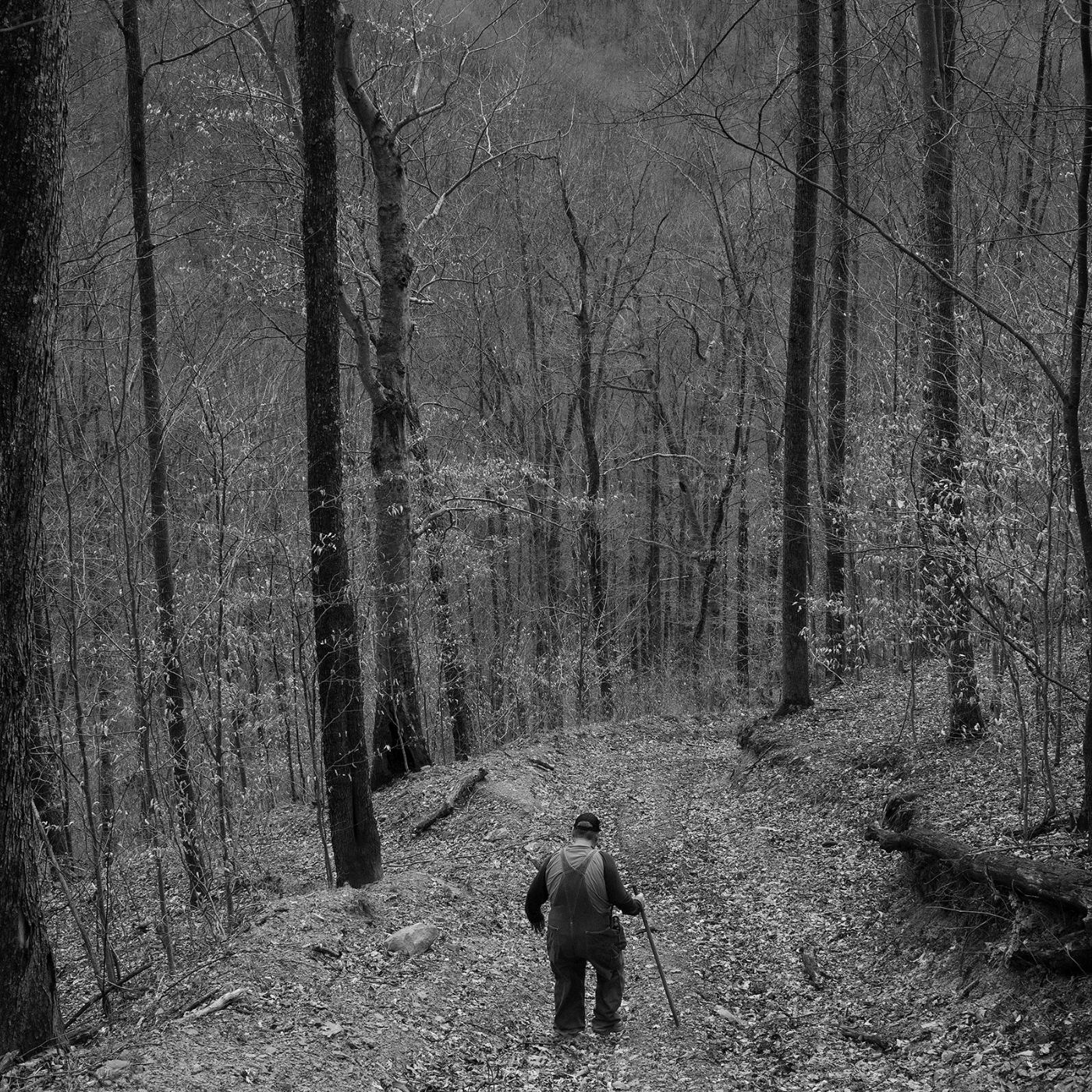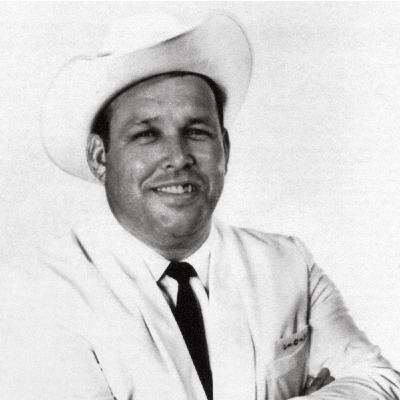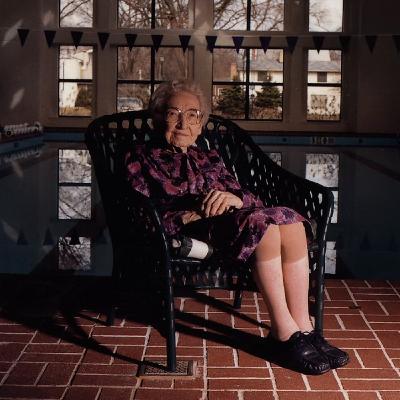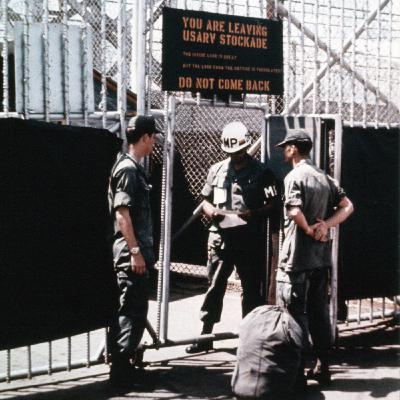Discover Radio Diaries
Radio Diaries

Radio Diaries
Author: Radio Diaries & Radiotopia
Subscribed: 12,769Played: 162,079Subscribe
Share
Copyright © 2017. All rights reserved.
Description
First-person diaries, sound portraits, and hidden chapters of history from Peabody Award-winning producer Joe Richman and the Radio Diaries team. From teenagers to octogenarians, prisoners to prison guards, bra saleswomen to lighthouse keepers. The extraordinary stories of ordinary life. Radio Diaries is a proud member of Radiotopia, from PRX. Learn more at radiotopia.fm
255 Episodes
Reverse
Today on the show, we sit down with photographer Andrew Lichtenstein to discuss his new book, THIS SHORT LIFE, which combines photo essays with audio testimonies about 12 Americans, from a West Virginia coal miner to a Maine farmer, all united by how the struggles of their past have shaped their present. You'll hear audio testimony from some of the people in the book.Buy THIS SHORT LIFE here. If you liked this story, find more of our work at radiodiaries.org and follow us on Bluesky, Instagram and Facebook @radiodiaries.To support our work, go to www.radiodiaries.org/donate.
Learn about your ad choices: dovetail.prx.org/ad-choices
In April 2024, over 100 students were arrested during protests outside Columbia University, calling for a ceasefire in Gaza. Leqaa Kordia, a young Palestinian woman living in Paterson, New Jersey, was one of them.Kordia was let go after the protests. But months later, ICE officials took her into custody and put her on a plane to a detention facility in Texas. Kordia has now been detained there for more than seven months. She is the last Columbia protestor still in detention.Kordia's cousin, Hamzah Abushaban, talks to Kordia through a detention phone line almost every day. Today on the show, we'll hear one of those phone calls.
Learn about your ad choices: dovetail.prx.org/ad-choices
Paula Bernstein and Elyse Schein were both born in New York City and adopted as infants. When they were 35 years old, they met and found they were “identical strangers.”This story originally aired on NPR in 2007. Liked this story? Donate and find more of our stories at www.radiodiaries.org. Follow us @radiodiaries on Bluesky and Instagram.
Learn about your ad choices: dovetail.prx.org/ad-choices
This is the story of a song, "Ain't No Grave Gonna Hold My Body Down." It was written by a 12-year-old boy on what was supposed to be his deathbed. But the boy didn't die. Instead, he went on to become a Pentecostal preacher, and later helped inspire the birth of Rock & Roll. The boy's name was Brother Claude Ely, and he was known as The Gospel Ranger.
Learn about your ad choices: dovetail.prx.org/ad-choices
In the early 1970s, author Studs Terkel interviewed the owners of Duke & Lee's Auto Repair in Geneva, Illinois, for his bestselling book, Working. He went to talk to them about fixing cars. What he found was a story about fathers and sons working together, and the tensions within a family business. We went back to Duke & Lee's four decades later and found the family business still intact—tensions and all.That was nine years ago. Recently, we heard that the family, and the auto shop, had gone through some big changes. So we got back in touch.This week, the story of a family and their business at three moments in history.
Learn about your ad choices: dovetail.prx.org/ad-choices
When you spend so much of your life moving around, getting to the next chapter, what's it like to find yourself in the last place?This week, we revisit audio diaries from a retirement home.
Learn about your ad choices: dovetail.prx.org/ad-choices
Eighty years ago, on July 28, 1945, an Army bomber pilot on a routine ferry mission found himself lost in the fog over Manhattan. A dictation machine in a nearby office happened to capture the sound of the plane as it hit the Empire State Building at the 79th floor.Fourteen people were killed. Debris from the plane severed the cables of an elevator, which fell 79 stories with a young woman inside. She survived. The crash prompted new legislation that—for the first time—gave citizens the right to sue the federal government.
Learn about your ad choices: dovetail.prx.org/ad-choices
When we first met Majd Abdulghani, she was 19 years old, living in Riyadh, Saudi Arabia. We gave her a recorder to keep an audio diary about her life. Majd chronicled her dreams of being a scientist, her resistance to having an arranged marriage, and what it was like to be a teenage girl living in one of the most restrictive countries in the world for women. Her story first aired in 2016.A lot has changed in Majd’s life over the past nine years. Last year, she completed her doctorate at Oxford University, where she was Saudi Arabia’s first Rhodes Scholar. She and her husband have a four-year-old daughter, and they recently moved home to Saudi Arabia after several years abroad.Saudi Arabia has changed a lot, too. Back in 2016, women weren’t even allowed to drive. Now they can. And many more women have careers now—including Majd. She’s now a successful scientist working for a company based in Riyadh.We recently met up with Majd while she was in Boston for a conference. Here's her diary from 2016, along with our conversation about how things have changed since then.
Learn about your ad choices: dovetail.prx.org/ad-choices
Vaccines have been in the news recently. Over the last few weeks, Health Secretary Robert F. Kennedy Jr. has changed vaccination recommendations and gutted an influential committee that recommends which shots Americans should get. Some experts worry that these changes could lead to outbreaks of diseases the US has long had under control.So this week, we're revisiting a story we made a few years ago about the world's very first vaccine, and the disease it helped eradicate: smallpox.Smallpox was around for more than 3,000 years and killed at least 300 million people in the 20th century. Then, by 1980, it was gone.Rahima Banu was the last person in the world to have the deadliest form of smallpox. In 1975, Banu was a toddler growing up in a remote village in Bangladesh when she developed the telltale bumpy rash. Soon, public health workers from around the world showed up at her home to try to keep the virus from spreading. This is her story.
Learn about your ad choices: dovetail.prx.org/ad-choices
To justify mass deportations, President Trump has invoked an old wartime law: the Alien Enemies Act of 1798. The Alien Enemies Act was last used after America’s entry into World War II. In response to the Axis countries’ detainment of Americans who were deemed potential spies, the Roosevelt Administration came up with an elaborate plan: find and arrest Germans, Japanese and Italians living in Latin America and detain them in camps in the U.S. The government would use them to exchange for American prisoners of war.Liked this story? Find photos and more at radiodiaries.org. You can also support our work by going to radiodiaries.org /donate. Follow us on X and Instagram @radiodiaries.
Learn about your ad choices: dovetail.prx.org/ad-choices
It's been 50 years since the end of the Vietnam war. In honor of the anniversary, we're revisiting a story about a notorious American military prison on the outskirts of Saigon, called Long Binh Jail. LBJ wasn’t for captured enemy fighters—it was for American soldiers. These were men who had broken military law. And there were a lot of them. As the unpopular war dragged on, discipline frayed and soldiers started to rebel.By the summer of 1968, over half the men in Long Binh Jail were locked up on AWOL charges. Some were there for more serious crimes, others for small stuff, like refusing to get a haircut. The stockade had become extremely overcrowded. Originally built to house 400 inmates, it became crammed with over 700 men, more than half African American. On August 29th, 1968, the situation erupted.
Learn about your ad choices: dovetail.prx.org/ad-choices
Author James Baldwin once wrote, "I love America more than any other country in the world and, exactly for this reason, I insist on the right to criticize her perpetually."On this episode, we go back to 1932 when a group of World War I veterans set up an encampment in Washington, D.C., and vowed to stay until their voices were heard. It was a remarkable chapter in American history, and a demonstration of the power of citizens to come together for a cause. This is the story of the Bonus Army.
Learn about your ad choices: dovetail.prx.org/ad-choices
On July 19, 1963, at least 15 Black girls were arrested while marching to protest segregation in Americus, Georgia. After spending a night in jail, they were transferred to the one-room Leesburg Stockade and imprisoned for the next 45 days.Only twenty miles away, the girls' parents had no knowledge of their location. A month into their confinement, the Student Nonviolent Coordinating Committee (SNCC) heard rumors of the girls' detention and sent photographer Danny Lyon, who took pictures of them through barred windows. Within days, these photographs appeared in publications around the country.As the girls' ordeal gained national attention, they were released without charges. This is the story of the 'Stolen Girls.' *****To see more photos by Danny Lyon, visit bleakbeauty.com and Instagram.
Learn about your ad choices: dovetail.prx.org/ad-choices
This week we're featuring a story from a brand new audio magazine we've been listening to called Signal Hill."Pie Down Here" features oral history interviews with farmworkers and Communist Party members who organized a sharecroppers' union in Alabama during the Great Depression. The interviews were recorded by historian Robin Kelley for his book, Hammer and Hoe.You can learn more about Signal Hill and check out the rest of their first issue—eight original stories—at signalhill.fm.
Learn about your ad choices: dovetail.prx.org/ad-choices
In 1939, Time Magazine called Dorothy Thompson a woman who “thinks, talks and sleeps world problems — and scares men half to death.” They weren’t wrong. Thompson was a foreign correspondent in Germany in the years leading up to World War 2, and she broadcast to millions of listeners around the world. She became known for her bold commentaries on the rise of Hitler. The Nazis even created a “Dorothy Thompson Emergency Squad” to monitor her work. She was an eloquent and opinionated advocate for the principles of democracy. But by the end of the war, those strong opinions put her career in jeopardy. This is the story of the woman who tried to warn the world.
Learn about your ad choices: dovetail.prx.org/ad-choices
These days, we’re used to media that thrives on conflict and amplifies the most outrageous voices in the room. It's something we often trace back to shock jocks, like Howard Stern, and in-your-face talk show hosts like Tucker Carlson and Rush Limbaugh. But before all those guys, there was Joe Pyne.At the height of his career in the 1960s, the New York Times called him “The ranking nuisance of broadcasting.” Today, episode two of our series Making Waves: The Original Angry Talker.
Learn about your ad choices: dovetail.prx.org/ad-choices
In 1934, the Washington Post called Elder Lightfoot Solomon Michaux, the “best known colored man in America.” He was known as the Happy-Am-I Preacher. His Sunday services were broadcast to over 25 million listeners on CBS radio. Black America saw Michaux as a leader for racial harmony and progress. But during the civil rights movement, his reputation took an unlikely turn.This is episode 1 of our new miniseries Making Waves, three profiles of people who pushed the boundaries of radio. They used the microphone in different ways: one to warn, one to rile, one to preach. What they had in common is they were all controversial, they spoke to huge audiences in their time, and today, they’re largely forgotten.
Learn about your ad choices: dovetail.prx.org/ad-choices
From ancient myths of sea monsters lurking below to Jules Verne’s Twenty Thousand Leagues Under the Sea, the ocean has long been both a source of fear and fascination. For Captain George Bond, a Navy medical officer in the 1960s, the deep sea was humanity’s next frontier. Undersea agriculture, deep sea mining, and human colonies on the ocean floor made up his dream for the future.Today we bring you the story of the U.S. Navy’s little-known experiment building homes on the ocean floor. They called it, Sealab.
Learn about your ad choices: dovetail.prx.org/ad-choices
Happy 2025! We have a slate of new stories coming soon, but we want to start the year by shouting out fellow podcaster (and friend of the show) Nate DiMeo of The Memory Palace. He just put out his first book, The Memory Palace: True Short Stories of the Past. So to celebrate, we're featuring one of our favorite episodes from The Memory Palace, "These Words, Forever." Joe also sat down with Nate to chat about his book, storytelling and the dream of having a device that could allow you to hear anything. Find Nate's book The Memory Palace: True Short Stories of the Past NOW online or at your local bookstore. Check out The Memory Palace wherever you get your podcasts, or on radiotopia.fm. If you liked this episode, follow us on X and Instagram @radiodiaries. Hear more episodes on our feed and at radiodiaries.org.
Learn about your ad choices: dovetail.prx.org/ad-choices
If you follow boxing, you've heard of Claressa Shields. At the 2012 Olympics, she became the first American woman to win gold in boxing. She repeated the feat 4 years later, becoming the first American boxer — woman or otherwise — to win consecutive medals. Now, she's the subject of a new movie called The Fire Inside, tracing her journey to Olympic stardom.Claressa Shields' story was one of our earliest at Radio Diaries. We gave her a tape recorder and asked her to document her journey leading up to the 2012 Olympics. She was sixteen at the time. Today, we revisit the story of Claressa Shields — before the world knew who she was.The Fire Inside comes out exclusively in theaters on Christmas Day. If you liked this story, follow us on X (formerly Twitter) and Instagram @radiodiaries! See more stories in our feed and on our website, radiodiaries.org.
Learn about your ad choices: dovetail.prx.org/ad-choices



























I just found this podcast and I enjoy it so much. I so wish every episode was longer. Incredible work.
So sad, she was such a beautiful, engaging, positive young woman. In 2022, there is a medication that brings hope for those afflicted.
I really enjoyed this story, Thank you!
What a great show.. it made me start thinking about my life as an older person. Such honestly from these amazing people. Thank you!
Excellent reportage. I knew about that event as a frame of reference but I hadn't seen footage or heard audio. The patriotism expressed was chillingly familiar to rhetoric I've heard from the MAGA rallies. The audio, the entire podcast cut out at 79%, right after Father Coughlin was mentioned.
Thanks so much for the recent podcast, " Centenairians in lockdown"... it was.so.great to hear about their love and advice about how to survive this challanging time.. just what I needed.
dissin' and dappin'
assess the money saved from not beimg in jail or the medical costs of someone being shot if the lives saved doesnt matter to you.
love this show I just found. thank you planet money
your podcast has too many commercials
this is way too much on my soul ... such a beautiful little thing, so beautiful and young. i am writing this as i listen, and to be honest, i don't know if i can finish.
Fantastic!🤯 These days I am of the opinion whatever we have to do to reduce crime let's do it. I'm from St Louis and I wish they would do something like this.
This is such a sad story, also because it can never be made right again.
Wow. This just became one of my favorite podcasts.
(re: crime pays) what an interesting and promising program! as someone who has lived that life and still struggle today to do right, I can totally see why it works. it's so hard trying to pull yourself up out of the game with no support from anyone. just having a mentor there to walk you through everything and cheer you on makes a huge difference. otherwise,you become so overwhelmed you don't know where to even start.
how she can speak in english so fluent ?
This was so beautiful.